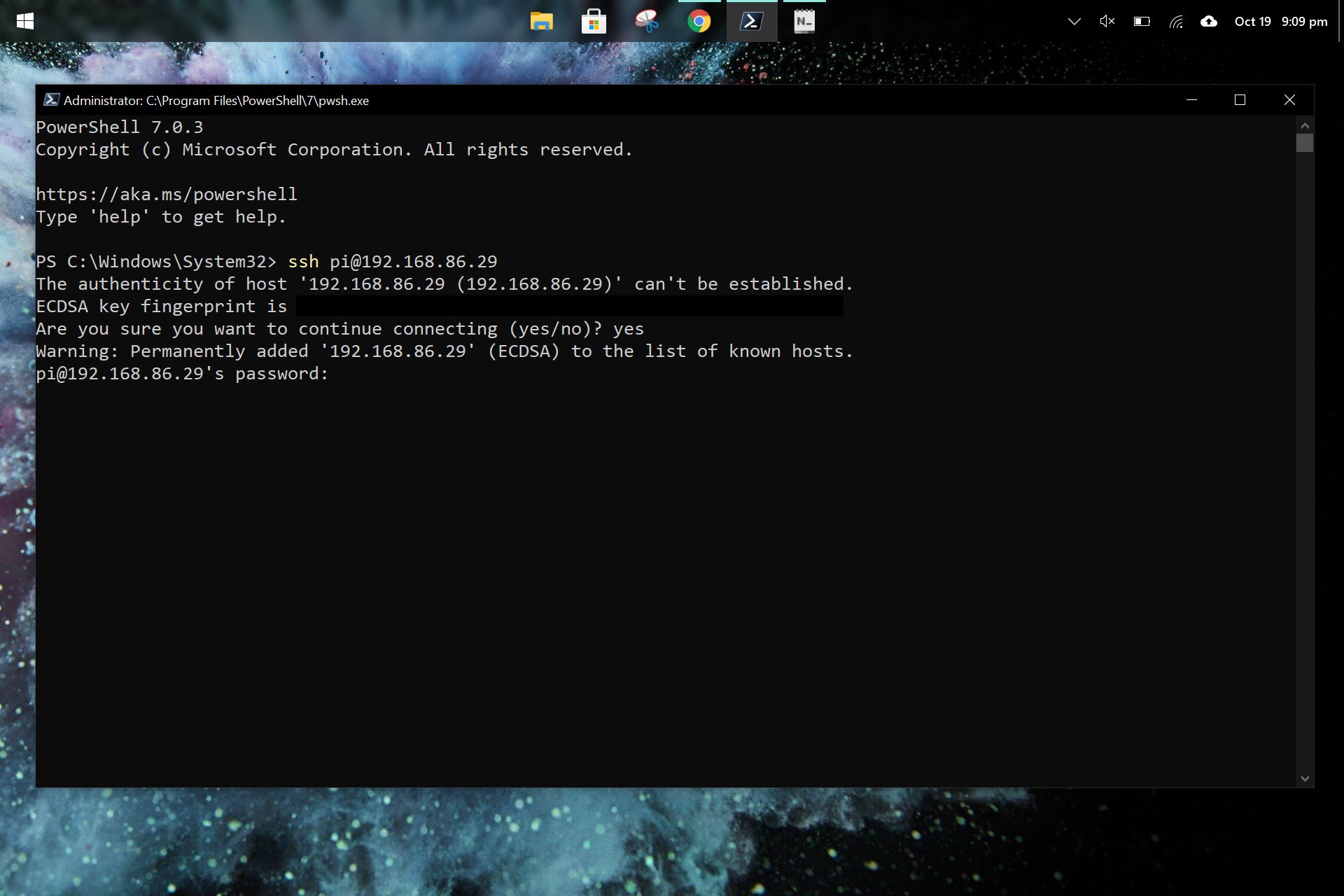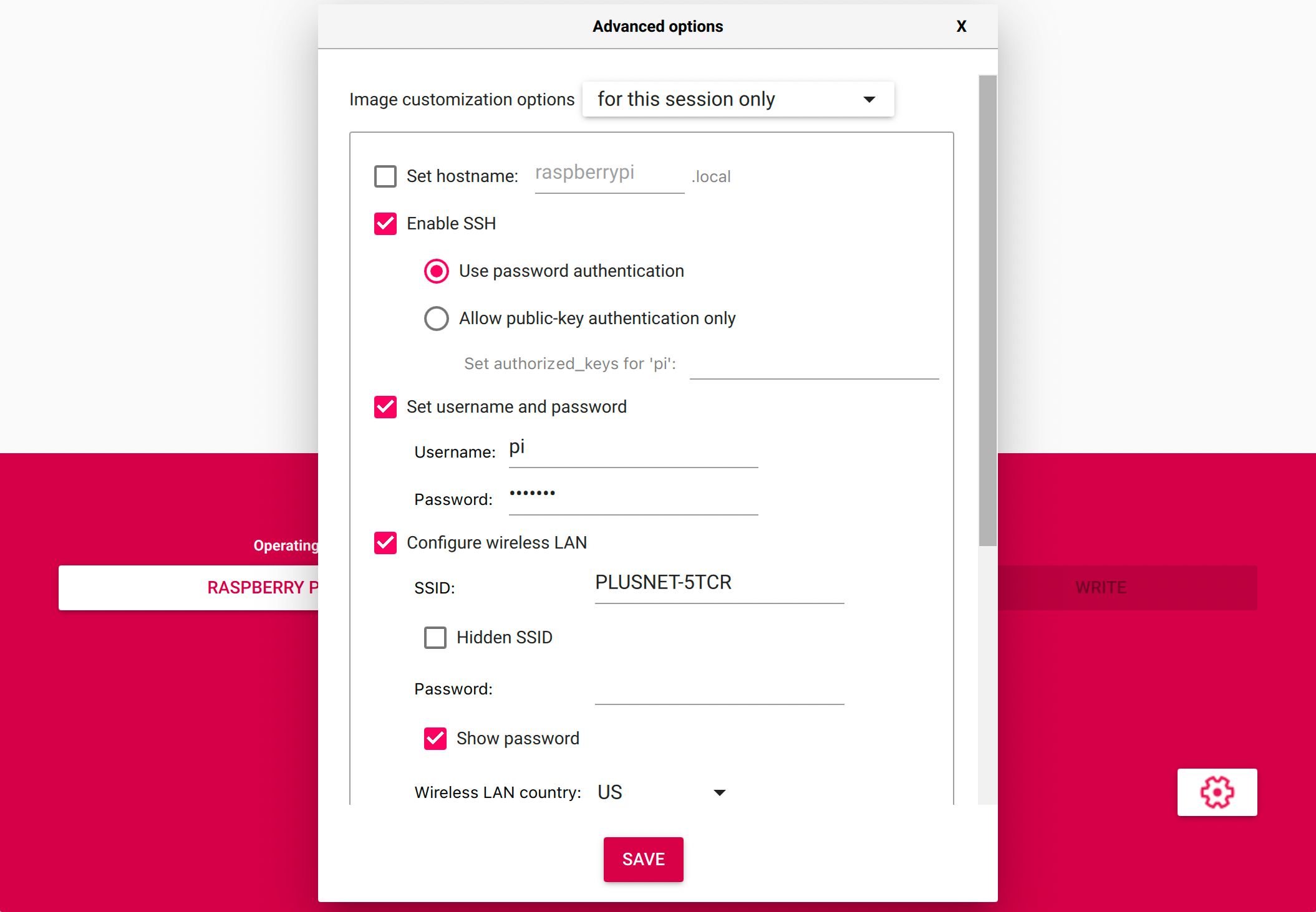Unlock The Power Of RemoteIoT Platform SSH For Raspberry Pi On Windows 10
Alright, listen up, tech enthusiasts and gadget freaks! If you're here, you're probably already knee-deep in the world of IoT (Internet of Things) and all its wonders. The buzzword "remoteiot platform ssh raspberry pi download windows 10" might sound like a mouthful, but it’s the key to unlocking a whole new level of connectivity and control for your projects. Whether you’re building a smart home, automating your garage door, or just experimenting with cool gadgets, this setup is your golden ticket. So, buckle up because we're about to dive deep into the world of IoT magic!
Let's face it, the tech world moves fast, and staying ahead of the curve is no easy feat. But with the right tools and knowledge, you can harness the power of IoT like a pro. The Raspberry Pi, often called the "Swiss Army Knife" of microcomputers, is a game-changer. And when you pair it with the RemoteIoT Platform SSH, you're talking about a powerhouse combo that can transform your projects from "cool" to "legendary."
Now, before we get into the nitty-gritty, let’s clear the air. This isn’t just another tech tutorial. This is your ultimate guide to setting up a remote IoT platform using SSH on your Raspberry Pi, all while running smoothly on Windows 10. We’ll cover everything from the basics to the advanced tricks, so whether you’re a beginner or a seasoned pro, there’s something here for everyone. Ready to roll? Let’s go!
- Bega Movies The Ultimate Guide To Streaming Downloads And More
- Aditi Mistry New Nude Leak The Facts Myths And What You Need To Know
What is RemoteIoT Platform SSH and Why Should You Care?
Alright, let’s break it down. The RemoteIoT Platform SSH is essentially your bridge to the IoT world. Think of it as the secret sauce that lets you control and manage your IoT devices remotely, without needing to be physically present. SSH, or Secure Shell, is a network protocol that provides secure communication between devices over an unsecured network. Combine this with the Raspberry Pi, and you’ve got a setup that’s not only powerful but also incredibly versatile.
Here’s why you should care: in today’s digital age, having remote access to your devices is not just a luxury—it’s a necessity. Whether you’re managing a fleet of smart devices in your home or monitoring industrial equipment, the ability to control everything from anywhere is a game-changer. Plus, with the RemoteIoT Platform SSH, you get that extra layer of security that’s crucial in today’s cyber landscape.
Benefits of Using RemoteIoT Platform SSH
- Enhanced Security: SSH encrypts all data transmitted between your devices, keeping your information safe from prying eyes.
- Remote Access: Control your Raspberry Pi and connected devices from anywhere in the world, as long as you have an internet connection.
- Versatility: Whether you're building a home automation system or a weather station, the RemoteIoT Platform SSH can handle it all.
- Cost-Effective: No need for expensive hardware or software—just a Raspberry Pi, a stable internet connection, and a bit of know-how.
Why Raspberry Pi is the Perfect Companion
The Raspberry Pi is more than just a tiny computer; it’s a versatile tool that can handle a wide range of tasks. From running lightweight servers to powering complex IoT projects, the Raspberry Pi has become a favorite among tech enthusiasts worldwide. Its affordability, compact size, and compatibility with a wide range of software make it the ideal companion for anyone looking to dive into the world of IoT.
- Montana Jordan Scar Cheek The Rising Star Shining Bright
- Is Emiru Gay Unpacking The Truth Behind The Viral Question
Key Features of Raspberry Pi
- Compact Size: Small enough to fit in your pocket, yet powerful enough to run complex applications.
- Low Power Consumption: Ideal for projects where power efficiency is crucial.
- Wide Community Support: With a vast community of developers and enthusiasts, finding help and resources is a breeze.
- Compatibility: Works seamlessly with a variety of software and hardware, making it highly versatile.
Setting Up RemoteIoT Platform SSH on Raspberry Pi
Now that we’ve covered the basics, let’s get down to business. Setting up the RemoteIoT Platform SSH on your Raspberry Pi might sound intimidating, but trust me, it’s easier than you think. Follow these steps, and you’ll be up and running in no time.
Step 1: Gather Your Materials
Before you start, make sure you have everything you need. Here’s a quick checklist:
- Raspberry Pi (any model will do)
- MicroSD card (8GB or more)
- Power supply for Raspberry Pi
- Keyboard and mouse (optional, but helpful)
- Monitor or HDMI display (optional)
- Internet connection
Step 2: Install the Operating System
Next, you’ll need to install an operating system on your Raspberry Pi. Raspbian is the go-to choice for most users, but you can also use other Linux-based systems if you prefer. Here’s how:
- Download the Raspberry Pi Imager from the official website.
- Insert your microSD card into your computer.
- Open the Raspberry Pi Imager and select the operating system you want to install.
- Choose your microSD card and click "Write" to install the OS.
Step 3: Enable SSH
Once your OS is installed, it’s time to enable SSH. Here’s how:
- Insert the microSD card into your Raspberry Pi and boot it up.
- Open the terminal and type
sudo raspi-config. - Select "Interfacing Options" and then "SSH."
- Choose "Enable" and exit the configuration tool.
Connecting to Your Raspberry Pi from Windows 10
Now that your Raspberry Pi is set up with SSH, it’s time to connect it to your Windows 10 machine. Here’s how you can do it:
Step 1: Install an SSH Client
Windows 10 comes with a built-in SSH client, but you can also use third-party tools like PuTTY if you prefer. Here’s how to use the built-in client:
- Open the command prompt on your Windows 10 machine.
- Type
ssh pi@your_pi_ip_address, replacing "your_pi_ip_address" with the actual IP address of your Raspberry Pi. - Enter the default password (usually "raspberry") when prompted.
Step 2: Test the Connection
Once you’re connected, try running a few basic commands to ensure everything is working as expected:
ls– Lists all files and directories in the current folder.cd– Changes the current directory.sudo apt-get update– Updates the package list on your Raspberry Pi.
Advanced Tips for Managing Your RemoteIoT Platform
Now that you’ve got the basics down, let’s talk about some advanced tips to take your RemoteIoT Platform SSH setup to the next level:
Tip 1: Use SSH Keys for Enhanced Security
Instead of relying on passwords, you can use SSH keys for a more secure connection. Here’s how:
- Generate an SSH key pair on your Windows machine using a tool like PuTTYgen.
- Copy the public key to your Raspberry Pi using the
ssh-copy-idcommand. - Disable password authentication in the SSH configuration file to ensure only key-based authentication is allowed.
Tip 2: Automate Tasks with Cron Jobs
Want to automate repetitive tasks on your Raspberry Pi? Cron jobs are your best friend. Here’s how to set one up:
- Open the terminal on your Raspberry Pi.
- Type
crontab -eto edit the cron jobs file. - Add your desired task and schedule, then save and exit.
Common Issues and How to Fix Them
Even the best setups can run into issues. Here are some common problems you might encounter and how to fix them:
Issue 1: Can’t Connect to Raspberry Pi
Solution: Make sure your Raspberry Pi and Windows machine are on the same network. Double-check the IP address and ensure SSH is enabled on your Raspberry Pi.
Issue 2: Slow Connection
Solution: Check your internet connection and ensure your Raspberry Pi is not overloaded with tasks. Consider upgrading your hardware if necessary.
Conclusion: Take Your IoT Projects to the Next Level
There you have it, folks! The RemoteIoT Platform SSH combined with a Raspberry Pi and Windows 10 is a powerful setup that can take your IoT projects to the next level. Whether you’re a beginner or a seasoned pro, this guide has everything you need to get started and succeed. So, what are you waiting for? Dive in, experiment, and let your creativity run wild!
Before you go, don’t forget to leave a comment below and share your experiences with this setup. And if you found this guide helpful, why not share it with your fellow tech enthusiasts? Together, we can build a smarter, more connected world. Cheers!
Table of Contents
- What is RemoteIoT Platform SSH and Why Should You Care?
- Why Raspberry Pi is the Perfect Companion
- Setting Up RemoteIoT Platform SSH on Raspberry Pi
- Connecting to Your Raspberry Pi from Windows 10
- Advanced Tips for Managing Your RemoteIoT Platform
- Common Issues and How to Fix Them
- Conclusion: Take Your IoT Projects to the Next Level
- Vega Movie Desi A Cinematic Journey Through Bollywoods Latest Sensation
- Aditi Mistry New Nude Leak The Facts Myths And What You Need To Know

RemoteIoT Platform SSH Download Raspberry Pi Without Windows A

Remote IoT Platform SSH Download Raspberry Pi Without Windows A

Free Download SSH Remote Access For IoT Devices Using Raspberry Pi On Mac